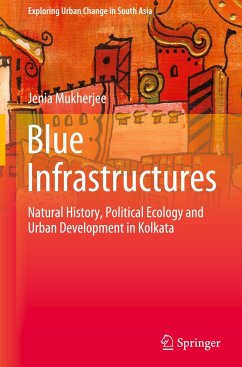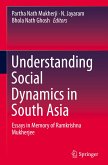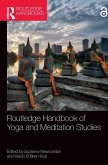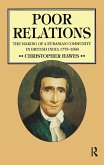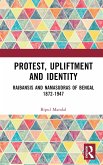This book focuses on Kolkata, formerly the colonial capital of and currently a major megacity in India, in terms of its extensive blue infrastructures, i.e., its rivers, canals and wetlands as an integrated composite whole. It unfolds ways in which this reclaimed urban space could determine, and in turn, could get determined by political fate, economic calculations and social livelihoods across changing political-economic imperatives and with large-scale implications on urban sustainability. Employing historical urban political ecology (HUPE) as the methodological framework by combining urban environmental history and urban political ecology, the book studies the changing urban environmental equations through several centuries, and its impact on the city and its people. Weaving the past, present and posterity of deltaic Kolkata, the book demonstrates that it is in these 'blue infrastructures' that the anecdote of origin, the account of functioning and the apprehension of survivalof the city is rooted. By emphasizing the ecology 'of' cities instead of ecology 'in' cities approach, the book exposes the limitations of contemporary ecological restructuring efforts regarding Indian cities. Further, it offers a blueprint for future innovative and empirical research focusing on other major cities. Accordingly, this topical and original book will be of interest to students and researchers of environmental humanities, political ecology and urban studies.
"I would recommend this as an essential read for the scholars, activists, practitioners and policymakers working on urban environmental issues. Blue Infrastructures is a good introduction and starting point for the socio-political contextualisation of the meta-narrative of the Anthropocene at the urban level." (Shilpa Dahake, Urbanisation, June 26, 2022)

